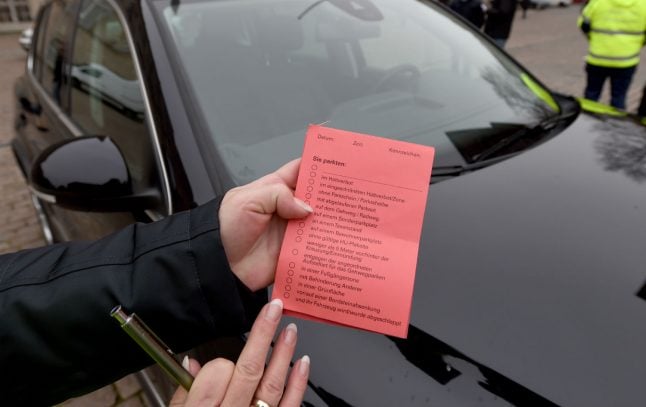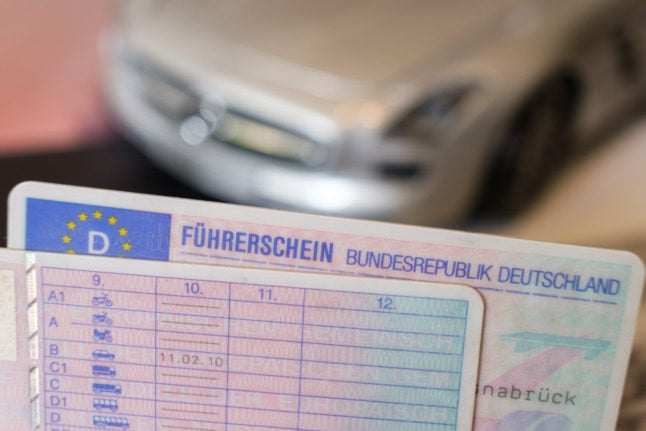Such drivers need to be “carefully sanctioned” in order to create a “necessary deterring effect,” according to a draft resolution at the two-day Conference for Transport Ministers on Thursday in Nuremberg. The working document did not specify concrete fines.
The ministers want to ensure that heavier fines are levied not only on dangerous traffic violations, but also parking violators. Such parkers also pose a risk, they say, because they often block bike lanes, intersections or emergency parking spots.
The proposal is supported by all the German states, according to information acquired by German news agency DPA. The country’s police unions have long advocated for heavier traffic fines, with a fee based on how dangerous the activity is assessed to be.
Police set up not-previously revealed checkpoints across Germany on Wednesday, with some states catching thousands of speeders across the course of the day.
SEE ALSO: The curious way Stuttgarters are deterring selfish parking
Improving road safety
Federal Transport Minister Andreas Scheuer (CSU) also called to improve the road safety of trucks in order to decrease fatal accidents.
“At the international level, we are pushing for stricter regulations, for example, that emergency brake assistants must not be shut down,” Scheuer said.
New trucks in the EU must already have emergency braking systems, but the driver can disable them. In their coalition agreement, the Christian Democrats and the Social Democrats agreed to implement mandatory “non-disconnectable” emergency braking systems.
The two parties also called for mandatory “turn-off assistants,” which are supposed to compensate for treacherous blind spots in lorries and buses. The systems can emit warning signals or brake automatically when they detect a pedestrian or cyclist in the way.
The Green party called on Scheuer to “immediately put into force a national rule until an EU-wide decision comes into effect,” stating that more than 40 percent of truck accidents could be prevented and 553 lives across the EU saved per year.
Next Wednesday, the issue will be discussed in the Bundestag (German parliament).
READ ALSO: What you need to know about German driving licences



 Please whitelist us to continue reading.
Please whitelist us to continue reading.
Member comments